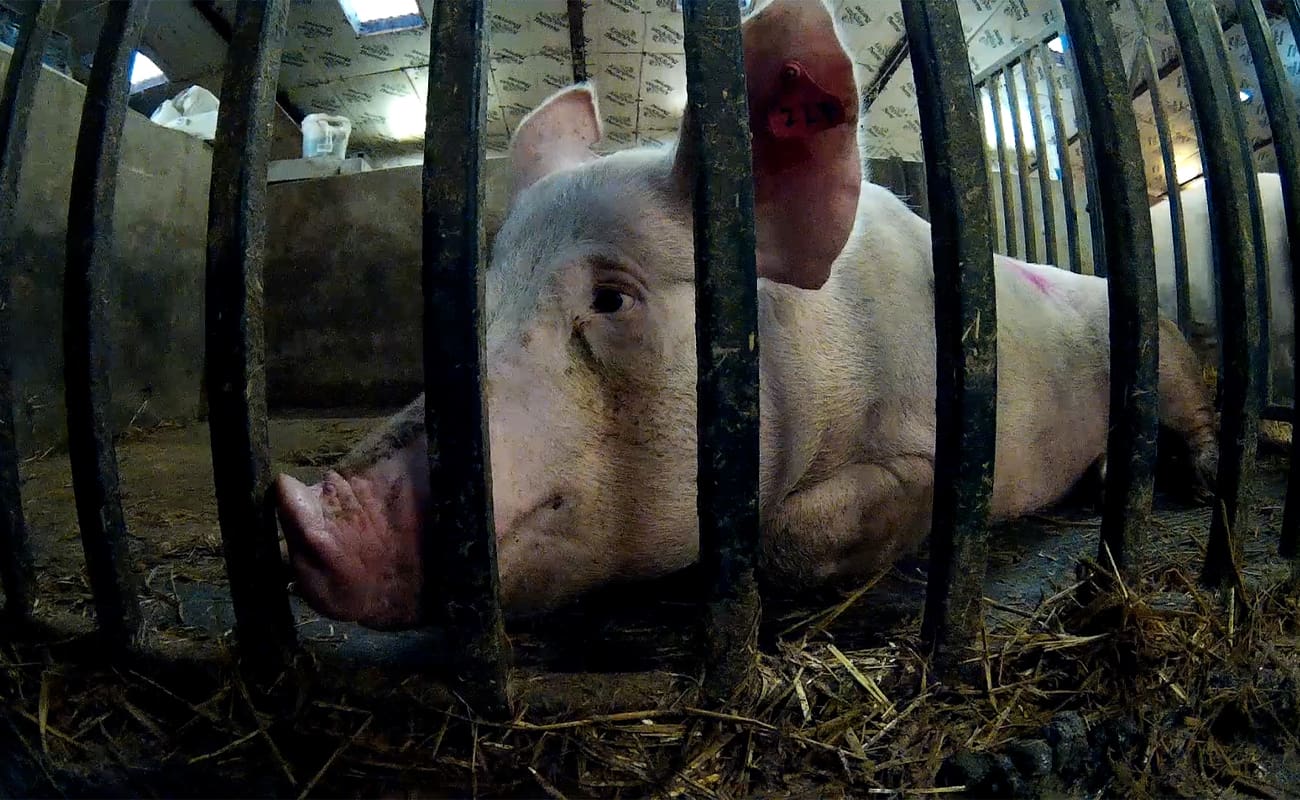Pigs are highly intelligent, emotionally sensitive animals, often compared to dogs in their ability to learn, communicate, and form deep social bonds. Yet within factory farming systems, they endure some of the harshest forms of confinement and mistreatment. Breeding sows are frequently kept in gestation or farrowing crates so restrictive that they cannot even turn around, spending much of their lives immobilized in spaces smaller than their bodies.
Piglets, separated from their mothers at just a few weeks old, are subjected to painful procedures such as tail docking, teeth clipping, and castration, usually without any form of anesthesia. Many suffer from stress, illness, and injuries due to overcrowding and unsanitary conditions in industrial facilities. Their natural behaviors—such as rooting, foraging, and social interaction—are almost entirely denied in these environments, reducing vibrant, sentient beings to commodities in a production line.
The consequences of intensive pig farming extend beyond animal suffering. The industry generates significant environmental damage through waste lagoons, water contamination, and high greenhouse gas emissions, while also posing serious risks to human health through the overuse of antibiotics and the spread of zoonotic diseases. This category exposes both the hidden realities of pigs and piglets in industrial agriculture and the broader impacts of swine production, urging us to rethink our relationship with these remarkable animals and the systems that exploit them.
Pigs, known for their intelligence and emotional depth, endure unimaginable suffering within the factory farming system. From violent loading practices to gruelling transport conditions and inhumane slaughter methods, their short lives are marked by relentless cruelty. This article uncovers the harsh realities faced by these sentient animals, highlighting the urgent need for change in an industry that prioritises profit over welfare


























































